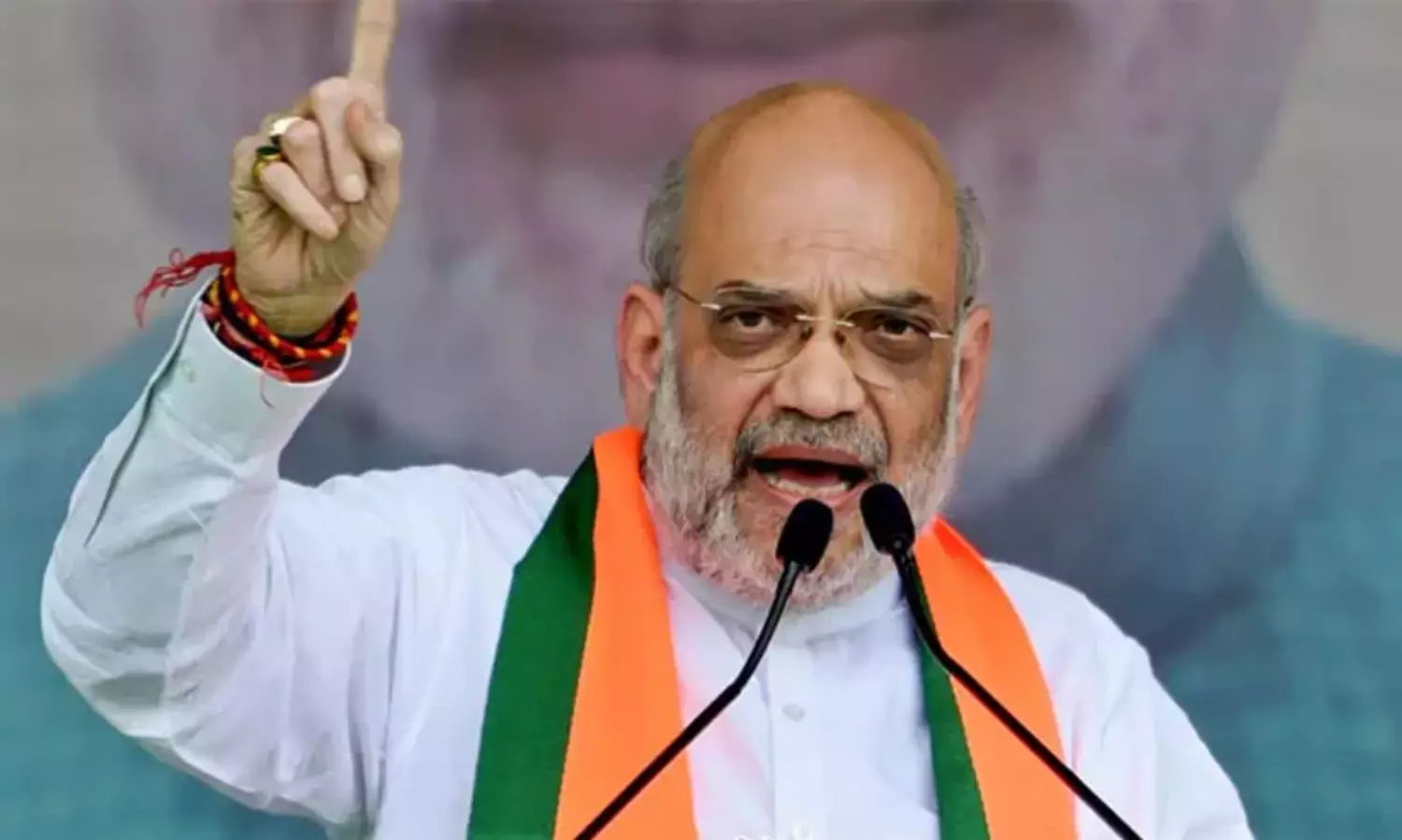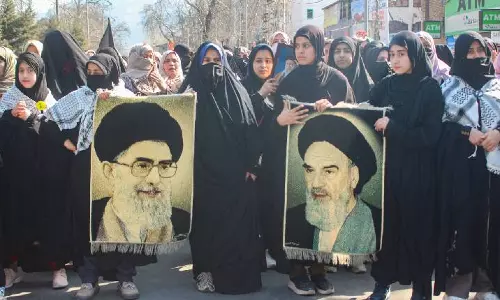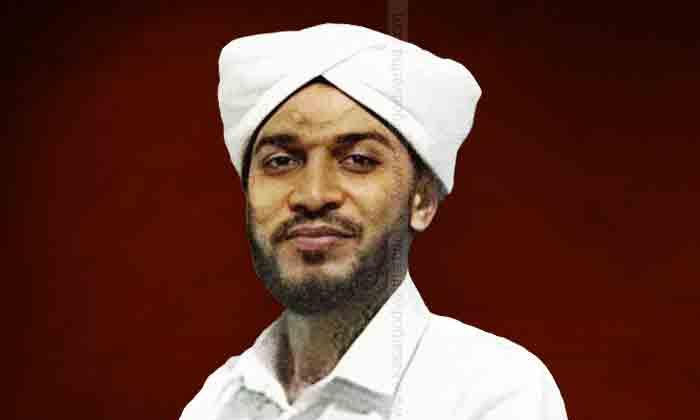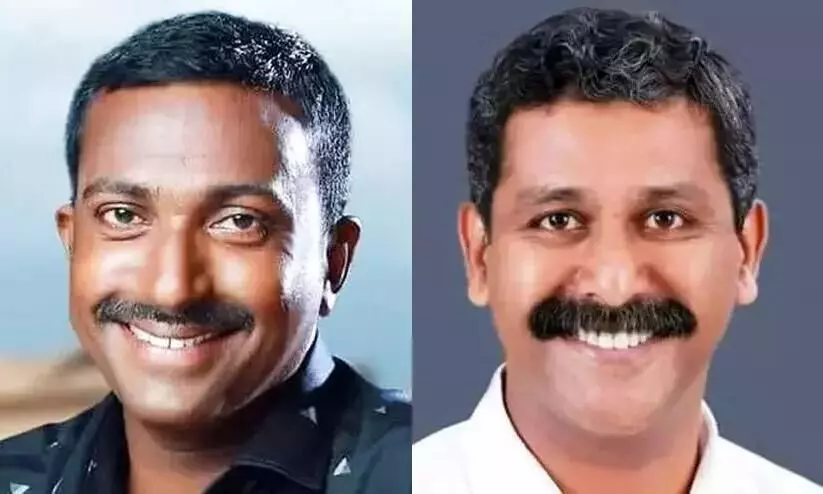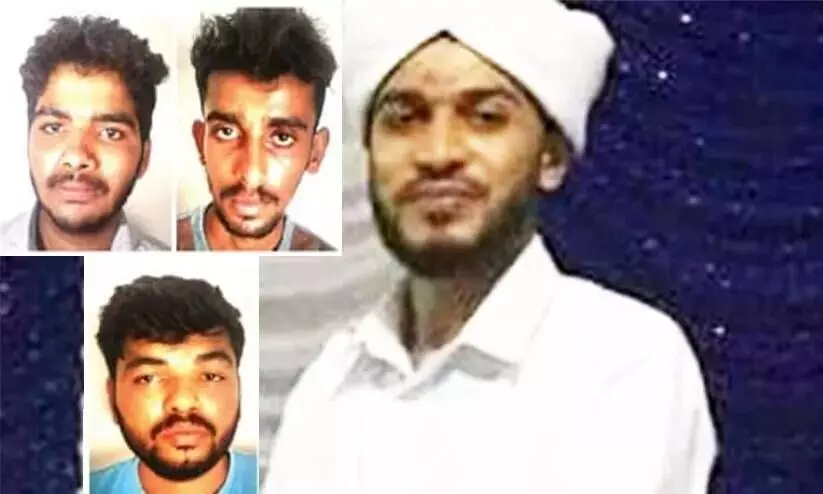
Who is killing justice?
text_fieldsThe court verdict acquitting the three accused in the case of murdering Mohammed Riyas Moulavi, a madrasa teacher in Choori, Kasaragod, has literally shocked all those who have put faith in justice and judiciary. District Principal Sessions Judge K.K. Balakrishnan acquitted the three RSS activists saying there was no evidence. This is completely unexpected. The trial proceedings started in 2019 in which eight judges heard the case so far. The accused had been arrested within three days of the midnight murder on March 20, 2017. After that, the accused who were in judicial custody till the verdict have now been released with the court order. At the same time, our system and criminal justice machinery has failed to deliver justice to the murderer of Riyas family Moulavi or his family. If in the case of Riyas Moulavi, who was sleeping in a room adjacent to the mosque, was stabbed to death with a knife, there were no culprits, it is our systems that become ridiculous. The Sessions Court blames the investigation team and the prosecution for this lapse. However, the investigators and the prosecution assert that there was an investigation and prosecution without any loopholes. Whosesoever be the fault, the blow inflicted is on justice, on Riyas Moulavi's family and the countless citizens who have placed their faith in the justice system. When the guilty escape scot-free, the ones getting punished in effect, are the innocent.
The court judgment has criticized the investigation as substandard and one-sided. It concluded that the prosecution failed to prove the role of the accused in the murder. And it could not prove either that the accused had any connection with the Rashtriya Swayamsevak Sangh (RSS) or that they had any hatred towards the Muslim community. The court pointed out that the investigating team was not prepared to inspect the phone or memory card found in Riyas Moulavi's room. It was not investigated either who all he interacted with before his death. The accused were charged with murder, inciting disaffection in the name of religion, desecrating a place of worship and destroying evidence. The court's conclusion is that this could not be proved. The prosecution says it will appeal the verdict. While the court pulls up the prosecution and the investigation, the prosecution is asking on what this judgment is based. Evidence enough to convict the three accused was presented to the court. One is the DNA test result which the Supreme Court has said is a main evidence. Copies of 24 Supreme Court judgments in such cases have been submitted to the Sessions Court. It was also proved that the bloodstain on the clothes of the 1st accused was that of Riayas Moulavi. And the defendants have not been able to deny this. In addition about 100 circumstantial evidences were presented before the court. Eminent criminal lawyer Adv. M. Ashokan did an excellent job as a prosecutor until his death last year. And even after that, the victim's side points out, there was no lapse at the trial stage. All the shortfalls made by the local police in the initial stage of the case were rectified later. Not only has all the necessary evidence been given, but the statements given by all the witnesses were corroborating the prosecution's case. No witness defected and evidence of conspiracy was also produced. This verdict has stunned the community, who had expected an exemplary verdict in a region where communal tensions occur often.
While the court points its at the prosecution and the prosecution questions the verdict, the fact remains that a man who was not involved in any conflict was hacked to death by a group of assailants who entered a room by breaking open a wall and a gate. The opposition has alleged that there was a collusion between the prosecution and the accused and that the state government is also responsible for this. Some of the recent trends noticed in the judicial sector in the state are also being highlighted. In 2021, when a vigorous investigation and speedy trial were held leading to the death penalty in the Ranjith Sreenivasan murder case, in the case of KS Shan's murder, which triggered the former murder, the pace of the case has been very slow. That the outcome of Riyas Moulavi case is being juxtaposed with this trend, serves to breed lack of confidence in our justice system. It is the responsibility of the government and the judiciary to be vigilant in this regard. In the eight murders in Kasargod prior to Riyas Moulavi's case, the accused escaped for want of evidence or due to the defection of the witnesses. If this has not happened in this case, then what else has happed? Kerala is searching for an answer.





